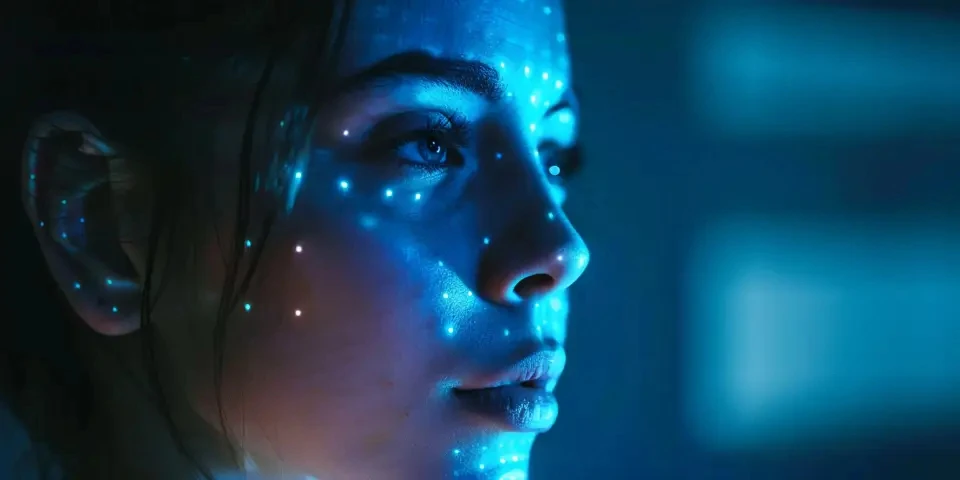Personalized storytelling made easy The future of AI children's book creation
The world of storytelling is constantly evolving with advancements in technology. One such innovation that is transforming the way children's books are created is Artificial Intelligence (AI). With AI-powered tools and platforms, personalized storytelling has become easier than ever before. Let's explore the future of AI in children's book creation and how it is revolutionizing the industry.
1. Enhanced creativity and imagination
AI provides a multitude of creative possibilities for authors and illustrators. Through AI algorithms, creators can generate unique characters, settings, and storylines. This technology opens doors to endless imagination and enables the creation of highly personalized and engaging stories for children.

Furthermore, AI-powered platforms offer suggestions and recommendations based on popular trends, helping creators to craft captivating narratives that resonate with young readers.
2. Tailored educational content
AI-driven children's book creation allows for the customization of educational content. By analyzing a child's reading level, interests, and learning style, AI algorithms can generate stories that cater specifically to their needs. Whether a child prefers interactive elements, audio narration, or additional exercises, AI can seamlessly incorporate these features into the storytelling experience.
This personalization fosters a love for reading and makes learning more enjoyable for children of all abilities and backgrounds.
3. Multilingual storytelling
AI-powered translation tools enable the easy creation of multilingual children's books. Authors and publishers can now reach a global audience by translating their stories into multiple languages with just a few clicks. This opens up new markets and promotes cultural exchange through literature.
Moreover, AI algorithms can adapt the language and vocabulary in a story to match the reading level of a child, making foreign language learning more accessible and engaging.
4. Collaborative storytelling
AI platforms facilitate collaborative storytelling, allowing authors, illustrators, and even young readers to contribute to the creative process. These platforms provide tools for interactive story creation, where multiple individuals can collectively build characters, add scenes, and collaborate on plot development.
This collaborative approach not only enhances creativity but also promotes teamwork and communication skills among children.
5. Automated illustration and animation
With AI, the process of illustrating children's books becomes more efficient. AI-powered tools can generate illustrations based on descriptions or even sketches, saving valuable time for authors and publishers. Additionally, AI algorithms can animate these illustrations, bringing the stories to life.
Automation of illustration and animation allows creators to focus more on storytelling and less on technical aspects, resulting in visually stunning and captivating books for young readers.
6. Data-driven insights
AI-powered platforms collect and analyze data on children's reading habits, preferences, and comprehension levels. This valuable insight enables authors and publishers to create stories that are better aligned with the interests and needs of their target audience.
By understanding how children interact with stories, creators can make informed decisions about plot development, character evolution, and pacing, thereby enhancing the overall reading experience.
7. The ethical implications
While AI brings numerous benefits to children's book creation, it also raises ethical concerns. It is crucial to strike a balance between AI-generated content and human creative input. Maintaining the essence of human storytelling is essential to preserve the authenticity and emotional connection that books provide.
Furthermore, privacy and data protection must be prioritized when collecting children's data to ensure their safety and well-being.
8. Common questions and answers
Q: Can AI completely replace human authors and illustrators?
A: No, AI serves as a powerful tool to enhance and streamline the creative process, but human creativity and imagination remain irreplaceable.
Q: Is personalized storytelling through AI only suitable for older children?
A: No, AI allows for customization at various levels, making it suitable for children of all ages and reading abilities.
Q: Will AI-generated stories lose their emotional impact?
A: While there are ethical concerns, human input in storytelling and emotional connection can be preserved by combining AI-generated content with human creativity.
Conclusion
The future of AI in children's book creation is promising. It offers enhanced creativity, tailors educational content, enables multilingual storytelling, facilitates collaboration, automates illustration and animation, provides data-driven insights, and raises ethical considerations. By harnessing the power of AI, personalized storytelling becomes more accessible, engaging, and enjoyable for young readers around the world.
Explore your companion in WeMate